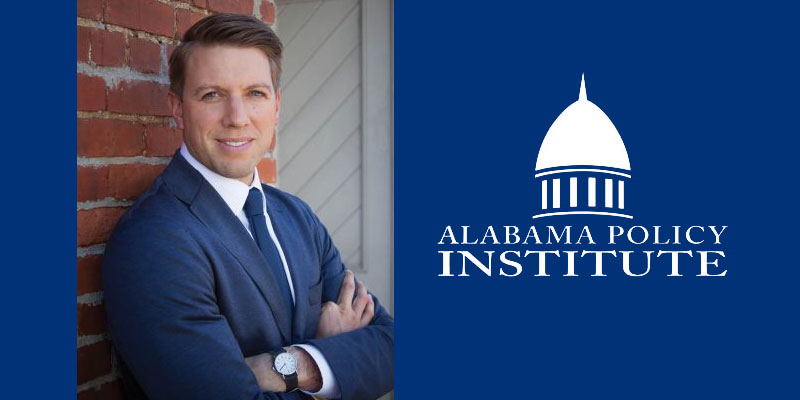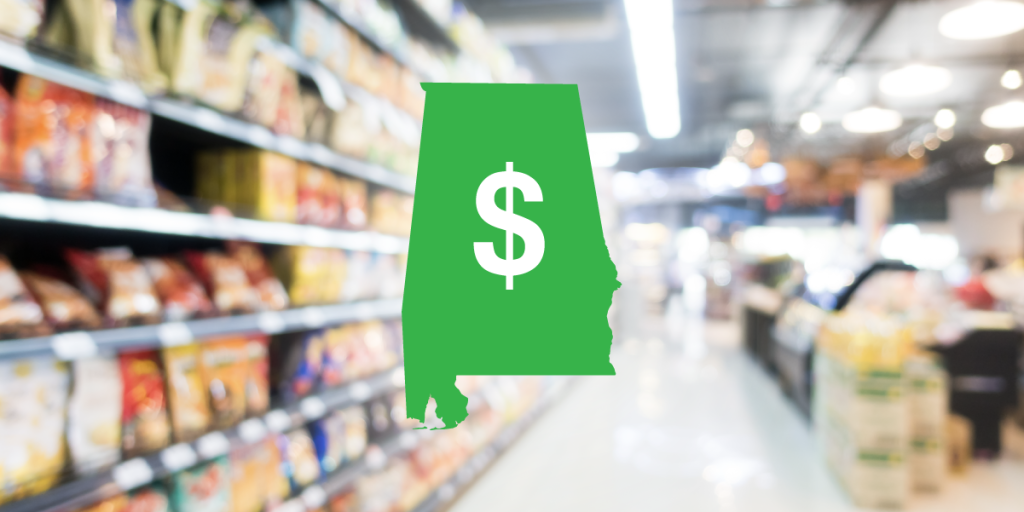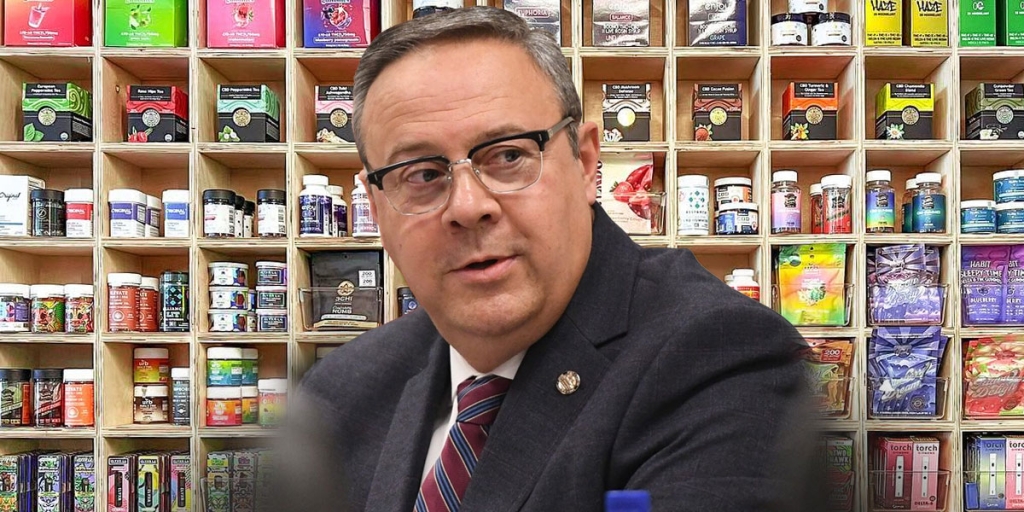260 days. That’s how long it had been since the Alabama Legislature had been in session. That’s 260 days for the coronavirus to spread and 260 days for Alabamians to feel the impact of the virus and our government’s response to it. Pair that with the fact that the 2020 session was so abbreviated and you get almost two years since a full legislative session had occurred.
To be fair, it is not the legislature’s fault that they were relegated to watching the governor make decisions from afar while they did what they could to plan for the 2021 regular session. Unlike the vast majority of states (36 of 50, in fact), Alabama does not allow the legislature to call itself into a special session. Only the governor can do that. In 2020, our governor opted not to do so.
But now that they’re back, the big question is, “What should they do?”
The legislature has already fast-tracked bills related to issues that Governor Ivey temporarily addressed through emergency proclamations last year. Specifically, the state’s law providing economic incentives to businesses in the state and a clarification that federal relief funds won’t be taxed by the state.
These are largely uncontroversial. Also uncontroversial and on the way to final passage is an effort to enact Covid-related liability protections for businesses, churches, and other organizations.
Surely, in the midst of a year-long emergency, this is not all the legislature can come up with to help.
Thankfully, there appears to be an appetite to do more to help the people of Alabama from some legislators. Here are some additional areas where they should put that impulse to good use.
First, there is the issue of restoring the balance of power in cases of prolonged emergencies such as what we are experiencing with Covid-19. Currently, the legislative body as a whole does not have to approve of any emergency declaration. This should be changed so that any emergency order by the governor lasting over 30 days must be approved by the legislature as a whole. Senator Whatley’s bill (SB97) would make this adjustment. That mess about the legislature not being able to call itself into a special session? Representative Nordgren has a bill (HB21) that would fix that, too.
Second, legislators should make permanent two other executive actions from Governor Ivey by eliminating the certificate of need process (which has been deemed by the federal government as a failed initiative) and by allowing occupational licenses from other states to be accepted within our borders.
Third, the legislature must address the problems with our state’s education system in a new way (i.e. not throwing more money at the system). The Alabama Accountability Act should be expanded, education savings accounts should be made available for all students, and “pods,” in which families join together to form schooling communities, should be formally protected from government interference.
Fourth is legislation that is being carried by Representative Danny Garrett and Senator Dan Roberts that removes impediments to business growth and modernizes the code of Alabama into one more attractive to business and investment.
While we’re making suggestions, we also have to highlight the fact that, in the midst of the pandemic, Alabama has yet to use any of its rainy day funds ($708 million between the two budgets for 2021). In fact, we hear on a seemingly regular basis that the budgets are doing well. For the state government, it seems like this rainy day has been more of a misty morning.
Not so for the private sector. For them, the government’s response to the pandemic has been a hurricane. And just like in a hurricane, businesses across our state had to shutter windows and close their doors. At least in a hurricane closing up and hunkering down is voluntary. This was different. This was compulsory. Even after the lockdowns were lifted, some, especially those businesses in the hospitality and restaurant industries, had gone under for good.
Those businesses which have managed to stay afloat? They face growing challenges every day.
In Montgomery, though, things are fine. Just as always. In fact, they’re flush with cash and looking to expand the budgets.
To rectify this, the legislature should, if not permanently, temporarily lift taxes that disproportionately affect those most vulnerable to the economic downturn. The grocery tax is one such example. Any shortfall that occurs to the state budgets should result in cost savings measures or, after all efforts to cut back on spending have been made, the use of rainy day funds.
Some of these reforms are admittedly major changes. But government as usual isn’t looked upon favorably by constituents anymore. Though Joe Biden is president, Donald Trump won Alabama easily because he promised to end government as usual and put Americans first. Since the dynamics in Washington have changed, it is essential for our state legislature to protect our state from the negative effects of misguided federal policy. It would be wise for the Alabama Legislature, therefore, to pursue these changes. Both for the state’s overall wellbeing and because Alabamians expect nothing less.
Caleb Crosby, a veteran of the George W. Bush administration, including a stint at the White House, has been president of Alabama Policy Institute since 2013. API is an independent, nonpartisan, nonprofit research and educational organization dedicated to free markets, limited government, and strong families, learn more at www.alabamapolicy.org.













